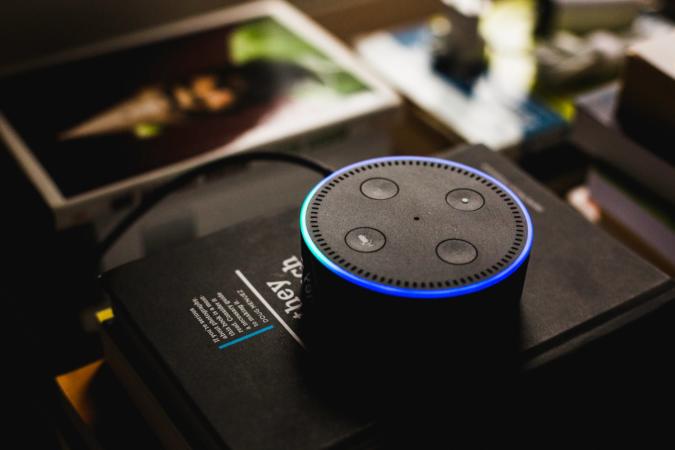Every week there are new headlines about hacks and companies sharing private information about their users. Despite the frequency of these mishaps, people around the globe are still buying technology that collects data.
Consumers International and the Internet Society did a study on at least 1,000 smart device users across the U.S., France, Canada, Australia, United Kingdom, and Japan. For the survey, connected devices are defined as those that connect the Internet using Wi-Fi or Bluetooth, like fitness monitors, home assistants, or gaming consoles. The report excluded smartphones and tablets from its research.
The study found that 69 percent of people own one or more smart devices, yet 65 percent of people have concerns about how the devices collect and use personal data. U.S. respondents were the most worried about data issues, with 70 percent saying they have concerns. Around 63 percent of respondents said the way devices collect data is “creepy.”
One major part of the disconnect between users wanting more security in their devices and resisting the urge to buy smart devices is the usability of the tools. More than 85 percent of users said they purchased smart devices because they have features that best suit their needs. Relatively low price and increased accessibility also influenced people to buy the devices.
Companies who make smart devices often equip the tools with security features to help users take control of the information they share.
“Even though consumers have low know-how of certain security features in connected devices, they have an appetite for security and privacy as wider concepts,” the report said. “They might not be so aware of some features but they have assessed that privacy and security are an important component of IoT devices.”
As Google Home, Amazon’s Alexa and other smart device become more accessible, and popular in the U.S., users must learn how to navigate security features while also balancing the risks and benefits of using connected devices.

